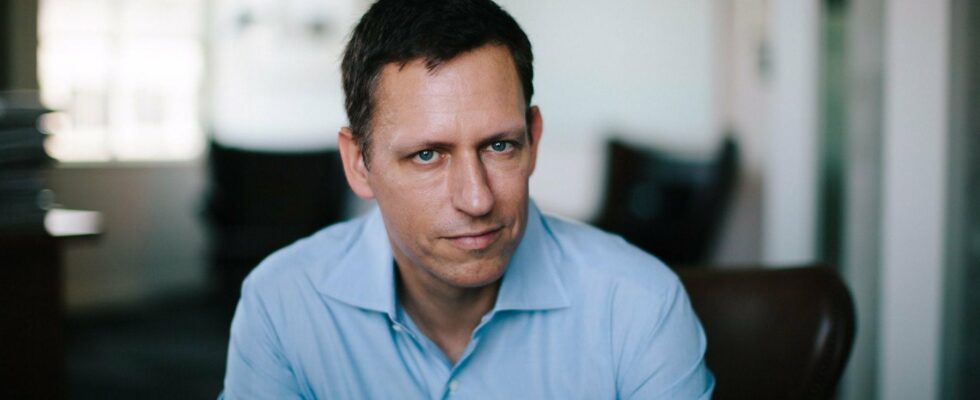The Paris Olympics have barely ended to great popular success and already Australian entrepreneur Aron D’Souza is planning the next one. Not the 2028 Olympics in Los Angeles. But the “Enhanced Games”, which he hopes to see held in the coming years, once he has raised the necessary funds. These Games will be special in that doping, whether chemical, genetic or mechanical, will not only be authorized but actively encouraged, in order to push the limits of human performance.
Behind this slightly crazy idea is libertarian investor Peter Thiel, co-founder of PayPal. Aron D’Souza had helped him wage a proxy war against an American media outlet – Thiel had financed the defamation suit by wrestler Hulk Hogan that led to the bankruptcy of Gawker, a gossip site that the billionaire had fiercely hated since he revealed his homosexuality. In the duo’s sights, this time, is the International Olympic Committee (IOC), which they depict as corrupt and greedy. According to them, athletes are not properly rewarded by the non-profit Olympic system while the Games generate $8 billion in revenue. They are therefore considering awarding a prize of around ten million dollars, the total prize money won by Usain Bolt during his career, for a world record in the 100 meters.
There is certainly friction on the issue – just look at how athletes protested against limits on personal sponsorships ahead of the 2021 Tokyo Olympics. Rising costs also threaten the current Games model, as evidenced by the cancellation of the 2026 Commonwealth Games due to a lack of a candidate city. Another driving force behind the initiative is the open transhumanism of its proponents. Peter Thiel is a savvy investor in the longevity sector, alongside biotech pioneer Christian Angermayer. He supports the Methuselah Foundation, which aims to extend healthy human lifespans, and has himself asked to be cryogenically frozen after his death.
From enhancement to doping
Aron D’Souza has called the World Anti-Doping Agency an “anti-science police force.” He says the augmented Games would mark the end of hypocrisy because enhancement and doping are blurred lines. No substance was banned at the Olympics until 1968. Caffeine was not banned initially, and was banned from 1984 to 2004. It is no longer banned. In short, doping would be part of the history of the Games.
The International Testing Agency’s review of samples taken at the London Games led to the withdrawal of 31 Olympic medals and the reassignment of 46 others. Some records set in an era of less stringent testing are held by athletes who are highly suspected, including from the former East Germany. The idea that national federations are covering for their respective athletes has been hotly debated again this summer, amid the rivalry between China and the United States in the medal standings.
The poaching of athletes has begun
At first glance, the “Enhanced Games” project is absurdly ambitious. What athlete would enter such a controversial competition? What brands would sponsor such an ethically compromised event? What city would host it? The sports world has generally greeted D’Souza’s plan with disdain. Travis Tygart, the head of the U.S. Anti-Doping Agency, has even spoken of the legal threats that would weigh on organizers in the event of an incident affecting the health of athletes.
However, this initiative should not be buried too quickly. It has a significant chance of succeeding. First, because society’s attitude towards the risks associated with human enhancement is changing. Aron D’Souza, who has begun his campaign of poaching athletes, has also reportedly already raised a hundred million dollars from top-tier investors. Finally, sport is constantly moving towards a lucrative model. The LIV Circuit in golf, the Super League in football… Private projects are multiplying to compete with established institutions by attracting champions.
.
